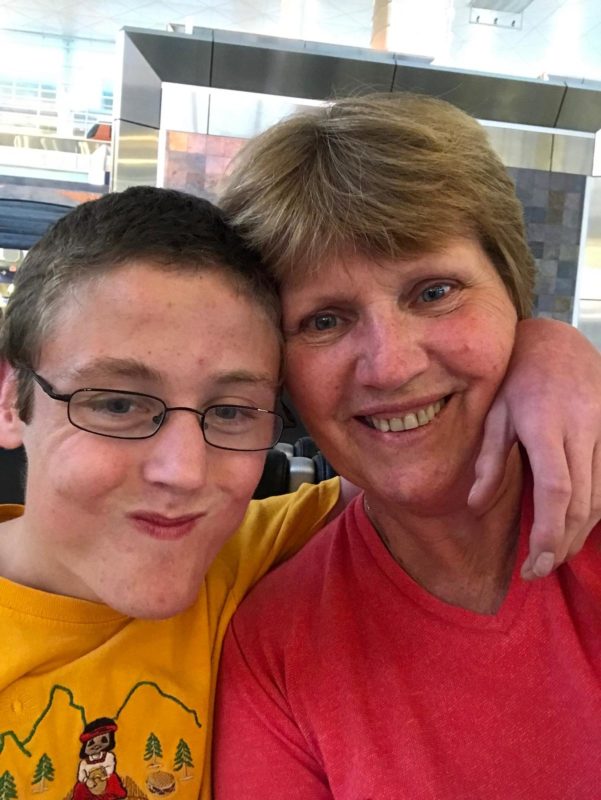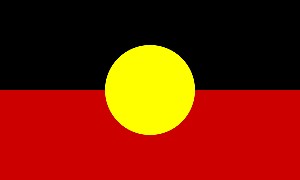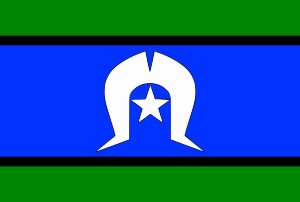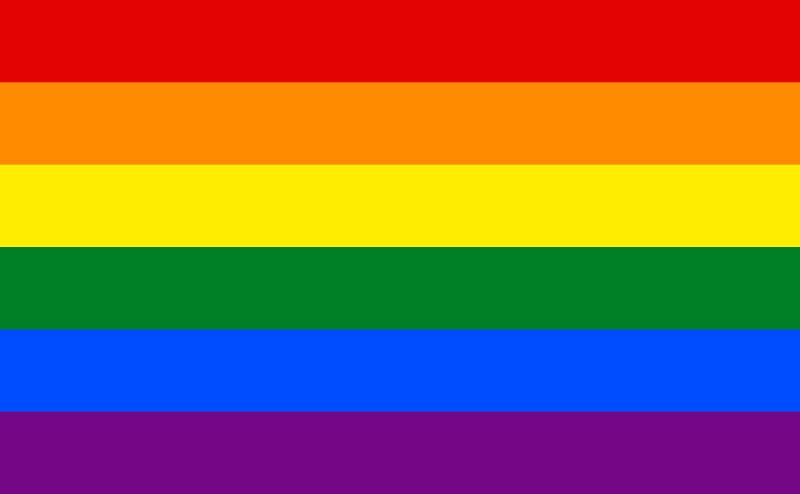Volunteering Supports Children with Disabilities

Geelong Volunteer Goes Above & Beyond to Support a Young Man with a Disability
Gateways Support Services volunteer Sharon Nolen has been volunteering as an Interchange Host or ‘Buddy’ since 2010 after being matched with Robert, then a young boy of 10 years with Autism.
Sharon has looked after Robert one night a month for the past 8 years, providing Robert with friendship and care as well as giving his grandfather who has raised Robert, some time to himself. During this time the relationship has grown and Robert, now a young man of 18, is like family.
As part of preparations to become a volunteer, Gateways provided Sharon with training, including training in autism spectrum disorder, after which she was matched with Robert and his family. Sharon reports that from the moment they met they “just got on like a house on fire.” In 2017, Sharon was recognised for her outstanding volunteer contribution when she won the Interchange Jean Simpson Award.
One of Gateways Volunteer Coordinators Carol Fogg said “Interchange Host volunteers don’t need to have special qualifications but a positive attitude and a sense of fun is a must. Volunteers can be a couple, single people, young adults or grandparents and commitments can vary from a few hours to a full weekend a month.”
The introduction of the National Disability Insurance Scheme hasn’t reduced the need for volunteers in the disability sector. Each year Gateways Support Services provides over 4500 volunteer hours to the community with over 130 volunteers participating in fundraising, recreation programs and as Interchange Hosts or ‘buddies’.
Volunteering differs from paid work, as its primary focus is on building relationships and friendships. This is vital to people with a disability as it helps to expand their networks and opportunities to be actively involved in the community as well as providing their carers with some respite.
Find out more on how to become a volunteer supporting children and young people with disabilities

You may also like:
- Team member spotlight – Volunteer & Student Placement Coordinator
- Small acts, big impact: making a difference in our community
- Money raised at Gateways’ 19th Annual Charity Golf Day helps participants connect with their local community
- Volunteers help deliver happiness and fun at Gateways
- Shining a light on opportunities offered through volunteering



